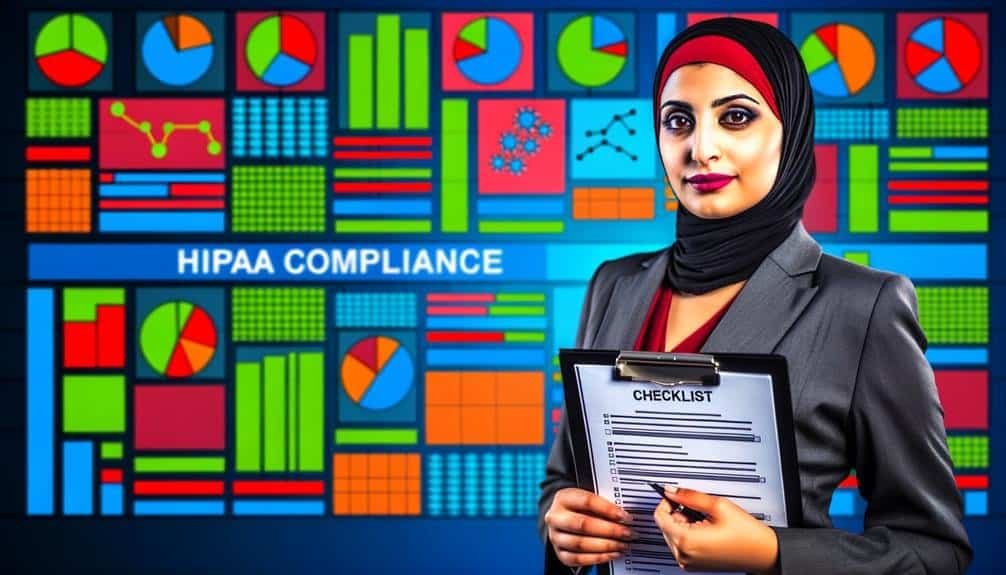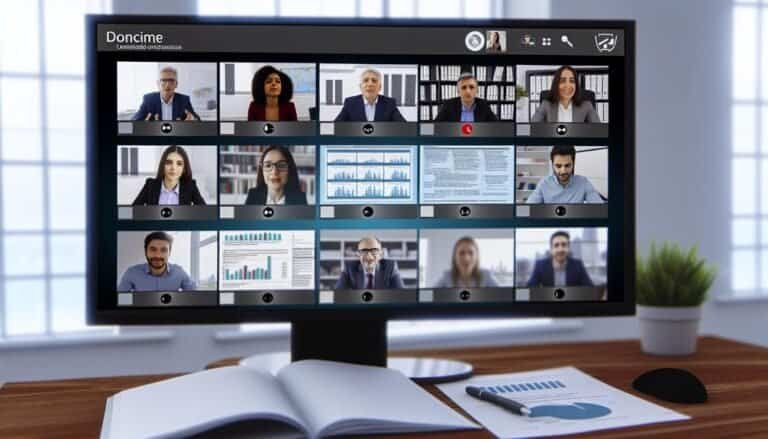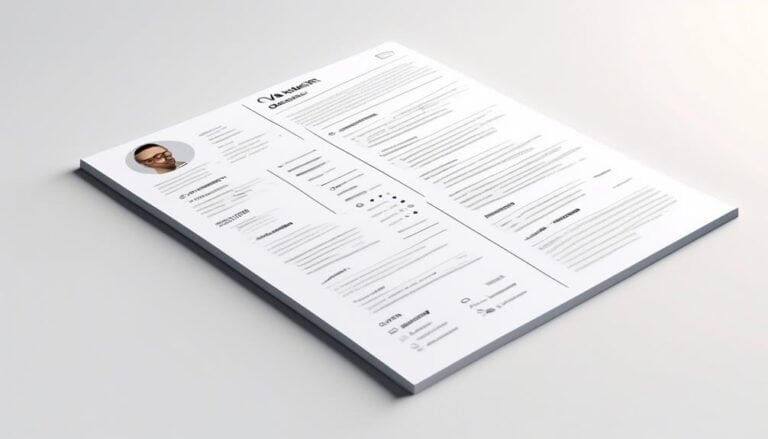How to Become a HIPAA Compliance Officer?
Are you interested in pursuing a career as a HIPAA Compliance Officer?
Wondering what it takes to enter this field and ensure the protection of sensitive patient information?
Look no further – this discussion will provide you with valuable insights and guidance on becoming a HIPAA Compliance Officer.
From education requirements and essential skills to training programs and certifications, we'll cover everything you need to know to embark on this rewarding and crucial role in the healthcare industry.
So, let's dive in and discover how you can make a difference in safeguarding patient privacy and upholding HIPAA regulations.
Key Takeaways
- A bachelor's degree in healthcare administration, information technology, or a related field is typically required to become a HIPAA Compliance Officer. Some employers may prefer candidates with a master's degree.
- Professional certifications such as CHPS or CISSP are often preferred by employers and can enhance credibility as a HIPAA Compliance Officer.
- Ongoing training and continuing education programs, as well as obtaining industry certifications such as CHCO or CHPSE, are important for staying up to date with evolving regulations and best practices.
- Networking, attending industry events, and utilizing online job boards and professional networking sites are effective strategies for finding job opportunities as a HIPAA Compliance Officer.
Education Requirements
To become a HIPAA Compliance Officer, you'll need to meet certain education requirements that demonstrate your expertise in healthcare regulations and data security. A bachelor's degree in healthcare administration, information technology, or a related field is typically required for this role. Some employers may also prefer candidates with a master's degree or professional certifications such as Certified in Healthcare Privacy and Security (CHPS) or Certified Information Systems Security Professional (CISSP).
Job prospects for HIPAA Compliance Officers are expected to be favorable as healthcare organizations continue to prioritize data protection and regulatory compliance. In terms of career growth, there's potential for advancement within the field as you gain experience and acquire additional certifications.
It's important to stay updated on changes in healthcare regulations and data security practices to ensure continued success in this role.
Essential Skills and Qualifications
As a HIPAA Compliance Officer, your expertise in healthcare regulations and data security should be complemented by a set of essential skills and qualifications.
To excel in this role, you must possess excellent communication and interpersonal skills to effectively collaborate with healthcare professionals and stakeholders.
Attention to detail is crucial to ensure compliance with HIPAA regulations and identify potential security risks.
A strong understanding of technology and data management is essential, as you'll be responsible for implementing and maintaining secure systems and processes.
Additionally, you should be knowledgeable about industry best practices, stay up-to-date with evolving regulations, and have the ability to analyze complex information to make informed decisions.
Obtaining relevant certifications such as Certified HIPAA Professional (CHP) or Certified in Healthcare Privacy and Security (CHPS) can also enhance your qualifications and demonstrate your commitment to the field.
HIPAA Compliance Officer Training
HIPAA Compliance Officer training equips professionals with the necessary knowledge and skills to ensure healthcare organizations maintain compliance with HIPAA regulations. To become a competent HIPAA Compliance Officer, you can consider the following training options:
- Online courses: Take advantage of the numerous online courses available that offer comprehensive training on HIPAA regulations and compliance. These courses are designed to provide you with a solid understanding of the legal requirements and best practices.
- Hands-on experience: Gain practical experience by working alongside experienced HIPAA Compliance Officers. This hands-on experience will allow you to apply your knowledge in real-world scenarios and develop a deeper understanding of the challenges and complexities involved in maintaining HIPAA compliance.
- Continuing education: Stay up-to-date with the latest developments and changes in HIPAA regulations by participating in ongoing training and continuing education programs. This will ensure that you're equipped with the most current knowledge and can adapt to any changes in the regulatory landscape.
- Industry certifications: Consider obtaining industry certifications such as Certified HIPAA Compliance Officer (CHCO) or Certified HIPAA Privacy Security Expert (CHPSE). These certifications validate your expertise and enhance your credibility as a HIPAA Compliance Officer.
- Network and collaborate: Join professional organizations and attend conferences and seminars related to HIPAA compliance. This will provide you with opportunities to network with other professionals in the field, exchange knowledge and ideas, and stay updated on the latest trends and best practices.
Obtaining Relevant Certifications
Obtaining relevant certifications is an essential step for individuals aspiring to excel as HIPAA Compliance Officers. To establish your expertise in HIPAA regulations and demonstrate your commitment to maintaining compliance, pursuing a HIPAA certification is highly recommended.
There are several reputable organizations that offer certifications specifically tailored to the compliance officer role. These certifications provide comprehensive training on topics such as privacy and security rules, breach notification, and risk assessment. They also cover the latest updates and changes in HIPAA regulations, ensuring that you stay up to date with the evolving compliance landscape.
Finding Job Opportunities
To maximize your chances of finding job opportunities as a HIPAA Compliance Officer, it's crucial to actively search for positions that align with your skills and experience. Here are some strategies to enhance your job search and increase your networking opportunities:
- Utilize online job boards and professional networking sites like LinkedIn to search for open positions in healthcare organizations.
- Attend industry conferences, seminars, and workshops to network with professionals in the field and learn about potential job openings.
- Join relevant professional associations and participate in their events and meetings to connect with others in the industry.
- Reach out to contacts in your network who may have connections or insights into job opportunities in healthcare compliance.
- Consider working with recruitment agencies or job placement services specializing in healthcare compliance roles.
Conclusion
Congratulations! You're now equipped with the essential knowledge and skills to pursue a career as a HIPAA compliance officer.
Remember, like a compass guiding a ship through treacherous waters, your role is vital in ensuring the privacy and security of sensitive healthcare information.
Stay proactive, keep expanding your expertise through continuous training and certifications, and embark on a fulfilling journey in this detail-oriented and rewarding field.
Let your passion for safeguarding data shine like a polished gem, bringing peace of mind to patients and healthcare organizations alike.







